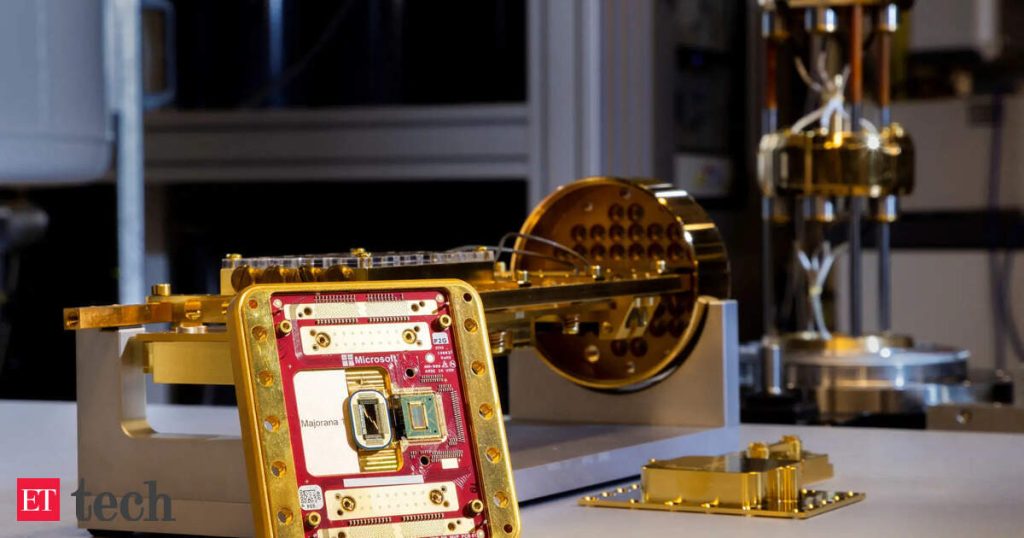The companies will install IBM’s most advanced quantum computer, IBM Quantum System Two with a 156-qubit processor, at the Quantum Valley Tech Park in Amaravati, Andhra Pradesh.
A quantum computer uses the principles of quantum mechanics to process information, enabling it to solve certain complex problems that traditional binary computers cannot handle efficiently.
“This is obviously going to be a great area of strength for India, given the country’s strong foundation in software engineering, computer science and high-performance computing,” Patel said.
Access to advanced quantum machines is essential for building world-class quantum algorithms and applications that address real-world challenges in line with India’s quantum mission, he said.
Discover the stories of your interest

Under the partnership, IBM and TCS will work on applications to solve complex problems across sectors like, for example, fraud detection and risk management in finance, drug discovery in healthcare, and optimising vehicle routing and scheduling in logistics.Patel did not share the specifics of the investment or the number of people that will be involved in the project, but said TCS and Andhra Pradesh government will underwrite some of the usage of the machine they are accessing.
IBM has been training a substantial number of people in quantum computing and that will continue to happen. Specific to this project, Patel said they will work with people from TCS and those that are part of the quantum valley on how to use the systems.
“If you look at technology innovation, there is always an inflection point where there are problems that are coming up that require the next trajectory of technology innovation,” Patel said. “I think we are there right now with quantum.”
Quantum will be a frontier technology that will enable solving some of the problems that traditional computing can’t solve, he said.
In the context of AI, he said quantum and AI are two sides of the same coin, where quantum can drive efficiency in computing and AI can accelerate discovery and creation of quantum.
According to Patel, one of the biggest challenges is to educate people on where to use this technology. “This should not be like a hammer looking for a nail, and applied to anything and everything. This is for problems that traditional computing cannot solve,” he said.


